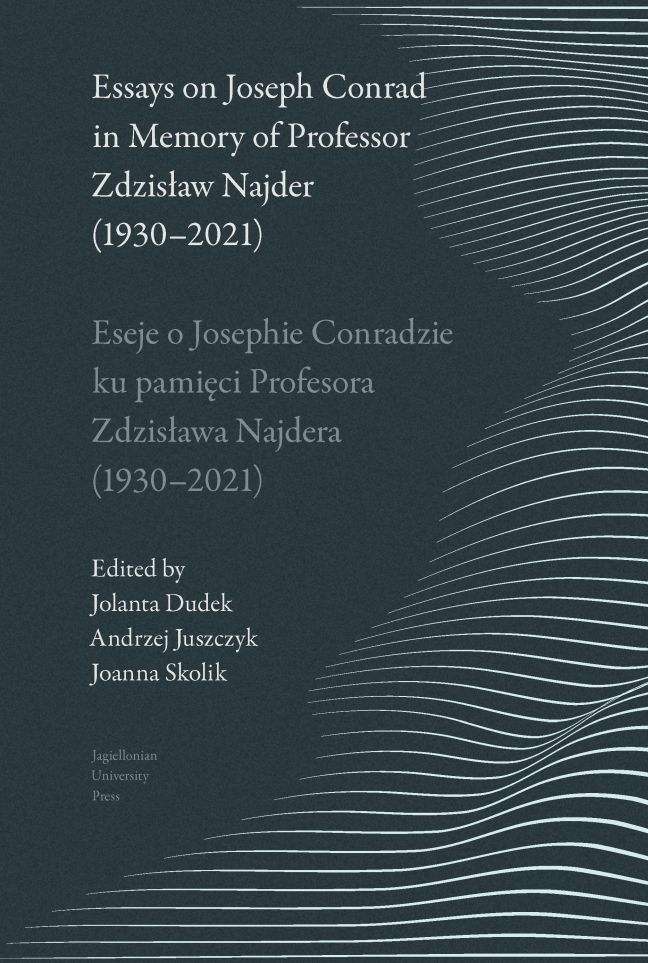Book contents
- Frontmatter
- Contents
- Part I
- Part II
- Bibliografia publikacji i audycji medialnych Zdzisława Najdera o Josephie Conradzie / A Bibliography of Zdzisław Najder's Publications and Media Programmes on Joseph Conrad
- Notes on Contributors / Noty o autorach
- Author Index / Indeks nazwisk
- Miscellaneous Endmatter
Railway Children: How Conrad Almost Met Kafka
Published online by Cambridge University Press: 01 March 2024
- Frontmatter
- Contents
- Part I
- Part II
- Bibliografia publikacji i audycji medialnych Zdzisława Najdera o Josephie Conradzie / A Bibliography of Zdzisław Najder's Publications and Media Programmes on Joseph Conrad
- Notes on Contributors / Noty o autorach
- Author Index / Indeks nazwisk
- Miscellaneous Endmatter
Summary
It may not be accidental that development of railways in the nineteenth century in Europe, the Americas, and other colonized areas of the world, virtually coincides with the development of the realist novel, determined by its formal and ideological structure. Both realist novels and railways have a beginning, a middle and an end, and a sense of progressive purpose and resolution. Literature offers thematic examples of this coincidence. Certainly, the history of railway-building and its economic, social and political impact is a complex and contentious one. Currently in England the controversy around the possible building of the HS2 railway, with competing interests and perceived advantages and disadvantages, seems to echo the divided loyalties and communities represented in George Eliot's Middlemarch, set in the early 1830s, when speculation around railway-building rivalled the proposed Reform Bill of 1832. Railway-building threatened aristocratic land ownership, yet railways were integral to a new industrializing power. In Germany (then a collection of independent principalities) in 1832, the year he died, Johann Wolfgang Goethe said that what would create a united German nation would be the “iron bands of the railway.” He meant economics, communication, and industrial expansion—a form of globalization of the local. Goethe and Eliot were writing in not fully- -successful revolutionary conditions, the politics of which entailed dissent, sometimes, but not blind exploitation, violence and death.
In other literary works, railway-building is represented in more dramatic forms. Turning to Joseph Conrad, we find a different landscape and a different politics. In The Secret Agent a train carries Stevie to his death with an anarchist bomb, and subsequently Winnie makes a panicked boat-train journey towards suicide, after Ossipon's betrayal. Nostromo's critique of globalizing colonization bears comparison with the more explicitly critical Heart of Darkness. A telling moment in Nostromo sums up the colonial presence of Europeans in Latin America. Sir John, the financier “coming from Europe, to smooth the way for his railway, … worked always on a grand scale; there was a project for systematic colonization of the occidental Province, involved in one vast construction of the National Central Railway.” As Charles Gould says, “All this piece of land belongs now to the Railway Company. There will be no more popular feasts held here.” Mrs. Gould is sorry to think so.
- Type
- Chapter
- Information
- Publisher: Jagiellonian University PressPrint publication year: 2023



